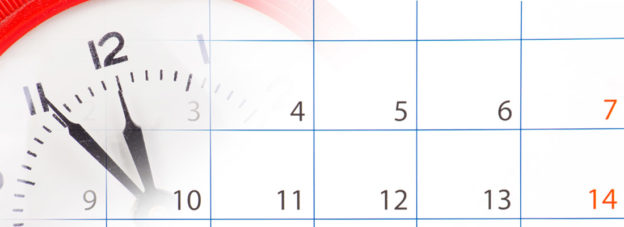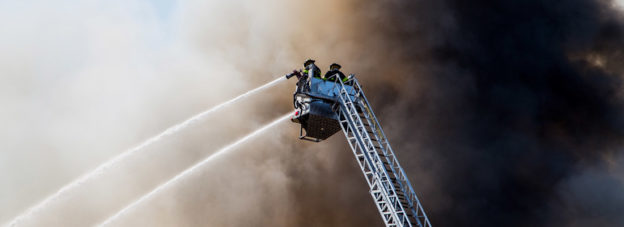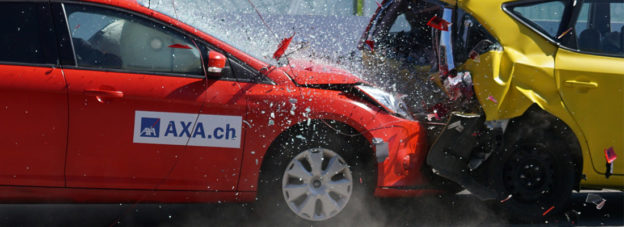In Bain v. Airoom, LLC, No. 1-21-001, 2022 Ill. App. LEXIS 241, the Appellate Court of Illinois (Appellate Court) considered whether the lower court erred in enforcing an arbitration clause in a construction contract between the parties and, as a result, dismissing the plaintiff’s lawsuit. The Appellate Court found that even if the arbitration clause was enforceable, the appropriate action would have been for the court to stay the lawsuit, as opposed to dismissing the case entirely. The Appellate Court then considered the language of the arbitration clause and found that several provisions were substantively unconscionable, which rendered the entire arbitration clause unenforceable. The Appellate Court reversed the lower court’s decision compelling arbitration and reinstated the plaintiff’s complaint. Continue reading







